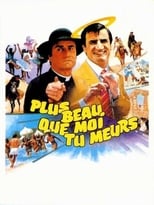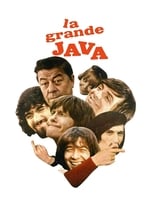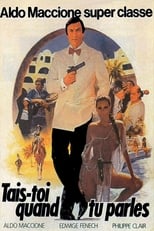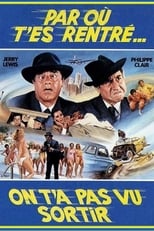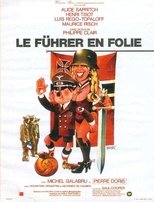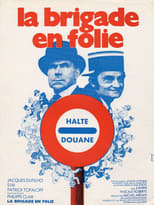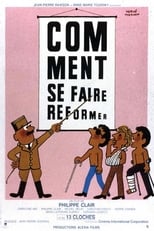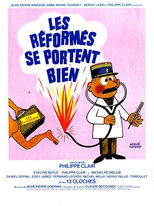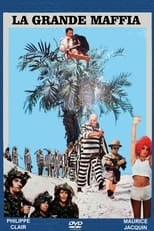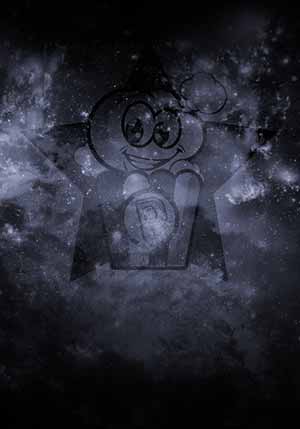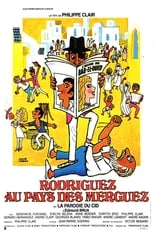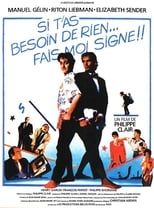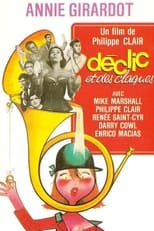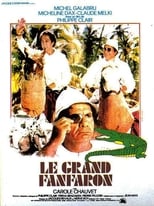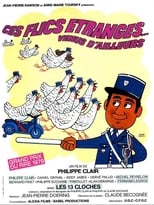Philippe Clair
¿Quién es Philippe Clair?
Philippe Clair moved to Paris in 1950 to study acting at the National Conservatory of Dramatic Arts of Paris. He won the Bernstein and College Stars awards, honors given to the best young Parisian actors. He performed on stage and television with major directors and writers in shows such as L'Affaire des poisons [Affair of the Poisons] directed by Raymond Rouleau, Une femme libre [A free woman] by Armand Salacrou, and Les Îles fortunées [The Prosperous Islands] by Simon Gantillon. Eventually he got a show of his own and became an important French humorist, mounting such works as the Judeo-Arabic Purée de nous z'otres [Mashed we z'otres], and Le Cid in Oued Bel [Parody of El Cid] based on the book by Edmond Brua. He specialized in improvisation and in writing comedy sketches.
In 1965 Clair directed his first film, Déclic et des claques [Clicks and Slaps] with Annie Girardot, the comic misadventures of a young pied-noir [French Algerian] in Paris. He continued his work as a singer: in 1967, his sketch Rien Nasser de courir which satirized the Six-Day War was banned because of its political overtones.
In 1970, Philippe Clair became the leading director of popular comedy. His humor usually had a French Algerian flavor. Most of his films were commercial successes, although sometimes they were panned by critics who called them vulgar or overacted. His films were often plagiarized by other directors with typical French disrespect or–as the French call it–franchouillards.
His 1971 film La Grande Java [Great Java] launched the comedy careers of the members of the French band Les Charlots. He went on to use band member Aldo Maccione in The Great Maffia, Plus beau que moi, tu meurs [More beautiful than me, you die], and Tais-toi quand tu parles! [Shut up when you talk]. He made several surreal films, such as Le Führer en folie [The Fuhrer Runs Amok], which featured Henri Tisot in the role of Adolf Hitler and in which Michel Galabru plays the role of a football referee. In 1984, he managed the greatest coup of his career by casting Jerry Lewis in the film Par où t'es rentré? On t'a pas vu sortir [How Did You Get In? We Didn't See You Leave].
In 2013 journalist and filmmaker Gilles Botineau joined with Philippe Clair to produce a documentary portrait titled, Plus drôle que lui, tu meurs [Funnier than him, you die]. The film, lasting 55 minutes covered Clair's entire career, focusing especially on his vision of comedy. Clair retired in 1990 at the age of 60. However, he returned with a production he wrote in 2013 titled, Help, Philippe Clair returns.
Philippe Clair was not always treated kindly by the critics. Critic John Tulard in the "Dictionary of French directors" said, "His work is incredibly stupid and vulgar". The weekly French magazineTélérama opined, "Every film by Philippe Clair is worse than the last, and yet it never stops". ...
Source: Article "Philippe Clair" from Wikipedia in English, licensed under CC-BY-SA 3.0.
Trabajos destacados
Géneros más habituales en las películas de Philippe Clair
Géneros más habituales en las series de Philippe Clair
Compañeros de trabajo recientes de Philippe Clair
Las imágenes y retratos de actores o actrices mostrados en este sitio web son obtenidos de la base de datos de The Movie Database (TMDB). En el caso de que alguna imagen o fotografía sea incorrecta, ofensiva o infrinja derechos de imagen, puede ser editada o eliminada de TMDB, lo que resultará en su eliminación correspondiente en este sitio. En última instancia, los usuarios también pueden utilizar el formulario de contacto ubicado al pie de la página para solicitar la corrección o eliminación de cualquier contenido.
The images and portraits of actors or actresses displayed on this website are sourced from The Movie Database (TMDB). In the event that any image or photograph is incorrect, offensive, or violates image rights, it can be edited or removed from TMDB, subsequently ceasing its display on this site. As a final recourse, users may also utilize the contact form located at the bottom of the page to request the correction or removal of any content.
